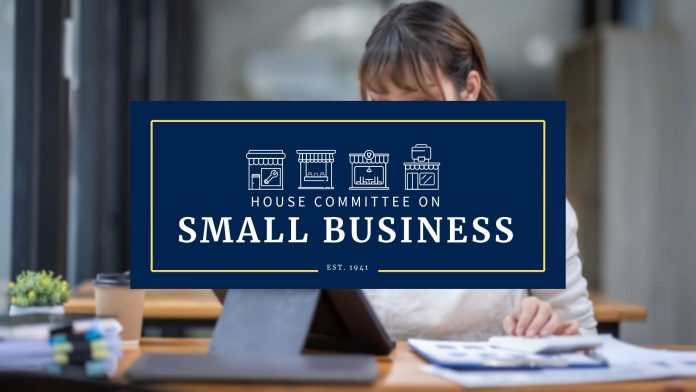In a recent joint hearing in Washington, D.C., bipartisan leaders in Congress converged to discuss extending key tax provisions from the 2017 Tax Cuts and Jobs Act (TCJA), a move that could have significant implications for small businesses across the nation. Led by Congressman Roger Williams (R-TX), Chairman of the House Committee on Small Business, alongside Senator Joni Ernst (R-IA), the session centered on the urgent need to make tax cuts permanent in order to ensure continued economic growth for Main Street America.
Chairman Williams highlighted the critical nature of the discussion, stating, “Despite the Democrats’ claims that it only benefits the rich, the Tax Cuts and Jobs Act of 2017 brought savings and prosperity to Main Street. With these tax cuts set to expire, small business owners are faced with financial uncertainty and concern regarding how their businesses may be impacted.” The urgency of this issue resonates with small business owners who are navigating a precarious economic landscape, particularly as they gear up for future investments and workforce expansion.
Senator Ernst echoed these sentiments, pointing out the positive effects of the TCJA on job creation. “We heard directly from Main Street today about how the Trump tax cuts fueled incredible growth and job creation,” she said. Her commitment to keeping these provisions active aims to prevent any lapse that might jeopardize the livelihoods of small business owners.
The committee discussions reflected real concerns shared among small business owners, particularly regarding the potential sunset of the Section 199A deduction. This provision allows small business owners a 20% deduction on their qualified business income, directly affecting their tax liabilities. Testimony from various business representatives underscored the potential catastrophe that would follow if these tax benefits were not made permanent.
For example, Rep. Van Duyne referred to a report from the National Federation of Independent Business (NFIB), stating, “letting that 199A deduction expire would force sixty percent of small businesses to raise prices and nearly forty-four percent to delay or cancel capital investments.” This finding illustrates a ripple effect where the expiration of tax provisions could hamper growth and consumer spending.
Real-world implications of these tax cuts are also noteworthy. Small business owner Mr. Click shared his perspective on the critical role of the 199A deduction, stating that allowing it to sunset would slow down his company’s growth and investment in U.S. manufacturing. He emphasized the need for more products to be made domestically, highlighting his commitment to American manufacturing.
Similarly, Mr. Akers, a franchise owner, revealed that 100% bonus depreciation had allowed his business to grow by 25% and facilitated job creation in rural America. “Being able to reinvest in that has accelerated our growth,” he shared, underscoring the tangible benefits of tax policies that support small business reinvestment.
The committee also faced contrasting viewpoints regarding the perception of the TCJA as a detriment to equitable tax contributions. Mr. Brashers countered claims that the tax cuts favored the wealthy, providing data to emphasize that the bottom fifty percent actually paid a smaller portion of federal taxes post-TCJA. He expressed concerns that allowing these provisions to expire could create a severe barrier to new business formation across the country.
While the potential benefits of extending the TCJA provisions are clear—famed tax deductions and accelerated depreciation rates could empower small businesses to hire more staff and increase investments—there are challenges tied to misconceptions surrounding tax cuts and their beneficiaries. Ensuring small businesses grasp the significance of these proposed extensions will be crucial for garnering support.
As small business owners await developments from Washington, the discussions at this hearing signal a pivotal moment for the future of tax policy and its impact on economic growth. Keeping tax provisions dependable may not only provide confidence for existing small enterprises but also inspire future entrepreneurs to take the plunge.
For further details, please refer to the original press release here.
Image Via Envato: davidgyung



